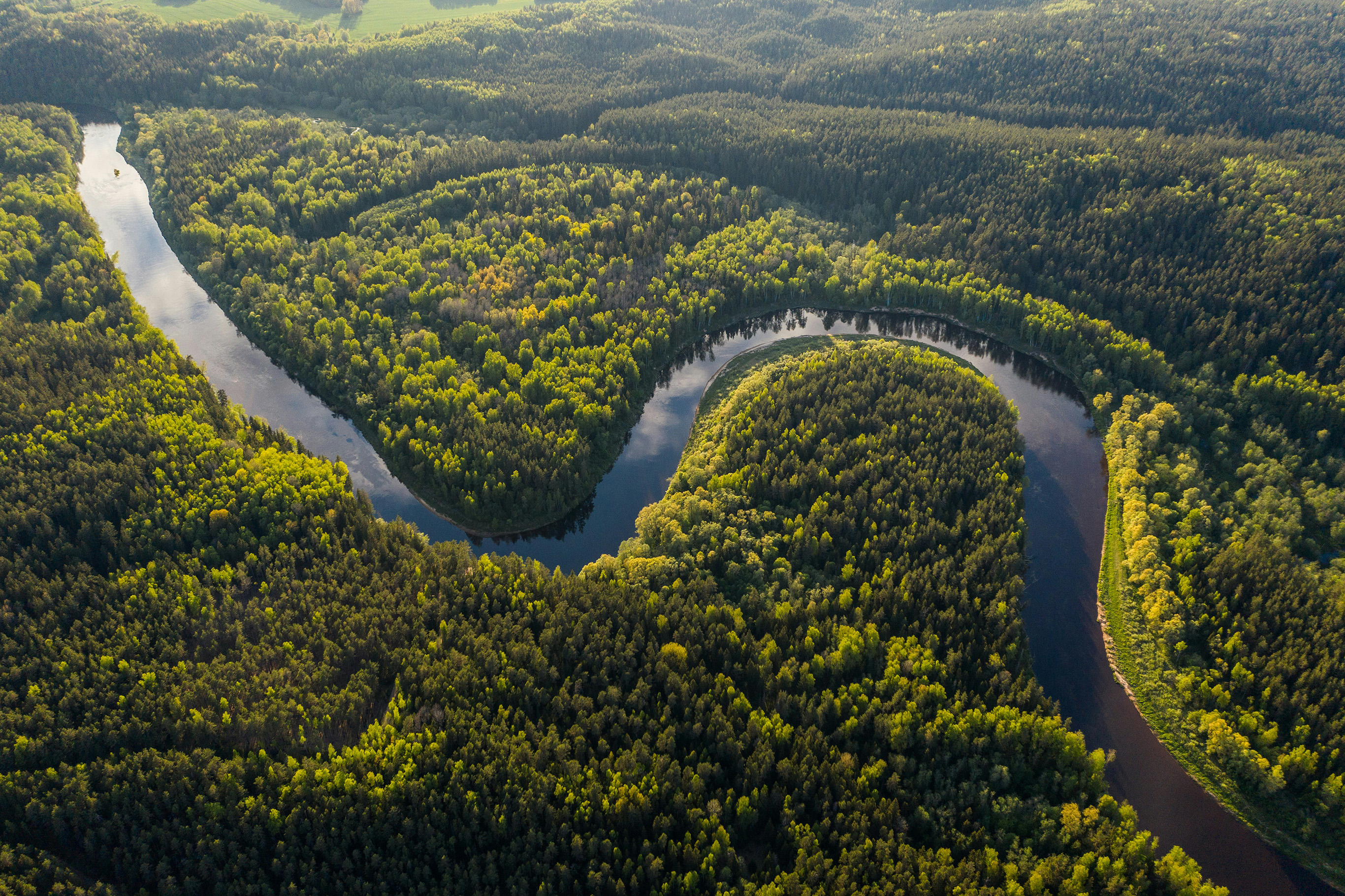Why Indigenous Guardians Hold the Key to Protecting Nature at COP30

As the world gathers in Belém, Brazil, for COP30, the Amazon has once again taken centre stage in the climate conversation. This year’s conference is unlike any before, it’s happening in the world’s largest rainforest, where the stakes couldn’t be higher.
Indigenous leaders from across the Andes and the Amazon Basin have arrived in Belém by boat and caravan, calling for global recognition of their land rights and demanding that governments treat nature not as a commodity, but as a living system. “Mother Earth isn’t a business,” one leader said during the opening events, a sentiment echoing across the plenary halls.
Indigenous Peoples: The Original Climate Guardians
Indigenous peoples make up just 6% of the global population, yet they protect a significant proportion of the world’s biodiversity. Their territories are often the last intact ecosystems on the planet, from the Amazon to the Congo Basin, and research consistently shows that deforestation rates are lower inIndigenous-managed lands than in many government-designated protected areas.
Their success stems from a world view rooted in balance, reciprocity, and respect, values which modern environmental policy and corporate sustainability simply don’t grasp. Indigenous guardianship isn’t just cultural heritage; it’s a proven climate solution.
COP30: A Defining Moment forNature and Justice
At COP30, nature-based solutions and forest protection are taking a front seat. The conference opened with the launch of the Tropical Forest Forever Facility, a $5.5 billion global fund endorsed by 53 countries to protect tropical forests. Yet Indigenous representatives remind negotiators that true forest protection depends on securing Indigenous land rights and funding Indigenous-led conservation directly, not through intermediaries.
Hosting COP30 in the Amazon makes this especially urgent. Scientists warn the region is nearing a tipping point, where deforestation and rising temperatures could transform vast rainforest areas into dry savannah. If that happens, global climate targets will slip out of reach.
From Tokenism to True Partnership
For too long, Indigenous communities have been given lip-service, and indigenous voices have been platformed at international conferences, but when it comes to the crunch they remain on thefringes of deals, and revenue share from carbon projects remains embarrassingly small. This needs to change. Moving beyond tokenism means:
- Recognising land and territorial rights as essential to climate and biodiversity goals.
- Fair revenue share with indigenous communities and indigenous-led projects
- Full participation in decision-making at every level.
Countries like Canada and Australia have begun implementing co-management models through Indigenous Guardian programs, practical examples showing that conservation and community empowerment can go hand in hand.
Nature Protection Is a Social Contract
Protecting biodiversity isn’t just about saving species; it’s about justice. Climate change and environmental degradation hit Indigenous communities hardest, despite them contributing least to the problem. Recognising their rights isn’t charity, it’s climate realism.
As the negotiations in Belém continue, one truth stands out clearly: safeguarding the planet means standing with the people who have done so for millennia.
If COP30 can turn that recognition into real action, it won’t just mark another climate conference, it will mark the moment the world finally began to listen.
Native’s Commitment to Fair and Inclusive Nature Protection
At Native, we believe that nature protection must be rooted in fairness, inclusion, and shared benefit. That’s why we share a high percentage of revenue directly with Indigenous communities, ensuring they are recognised and rewarded as true partners in conservation.
We’ve also embedded Indigenous participation and inclusion into our community impact score, allowing buyers to see for themselves whether local communities have been meaningfully consulted and included in every project.
Most recently, we upgraded our Free, Prior, and Informed Consent (FPIC) process in partnership with the Indigenous community in our first pilot area in the Solomon Islands, where we jointly signed a new Nature Protection Pledge. This marks a key milestone in our commitment to transparency, collaboration, and long-term stewardship of the planet.
As the world watches COP30unfold, Native Squared remains dedicated to ensuring that climate action respects Indigenous sovereignty and turns promises into partnership.
COP30 offers a rare chance to align climate ambition with justice and wisdom. The question is: will world leaders finally act on it?
